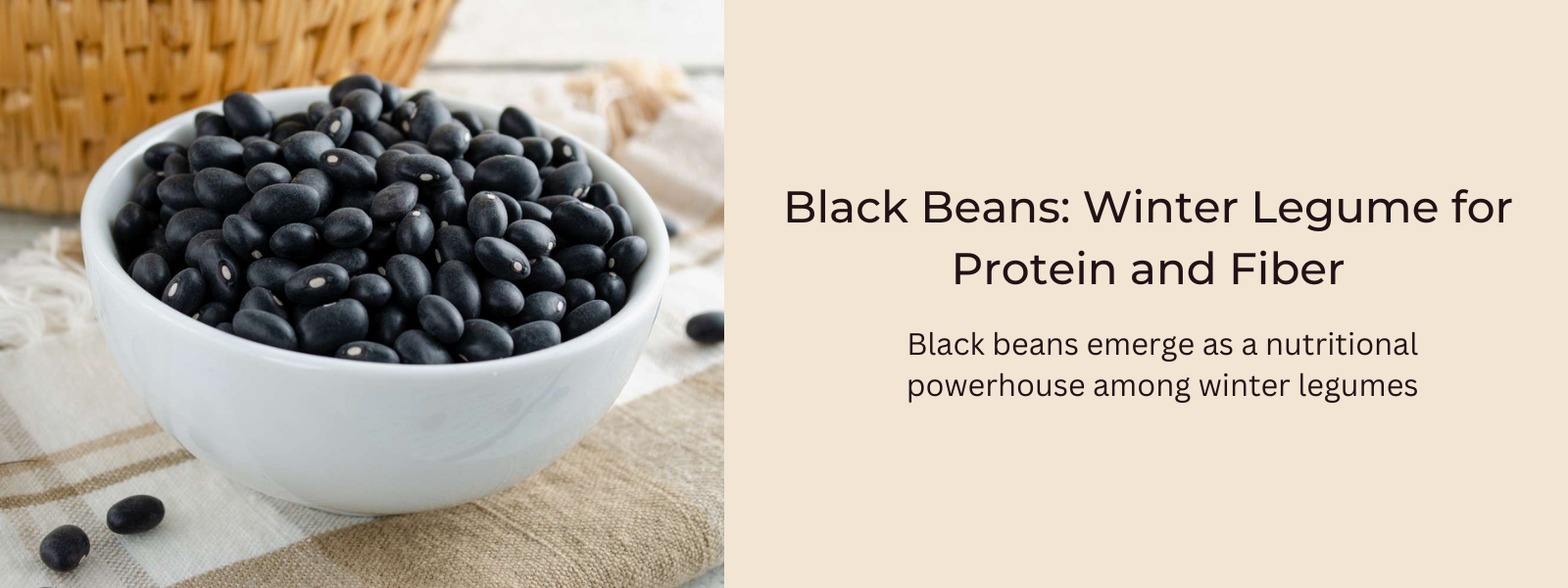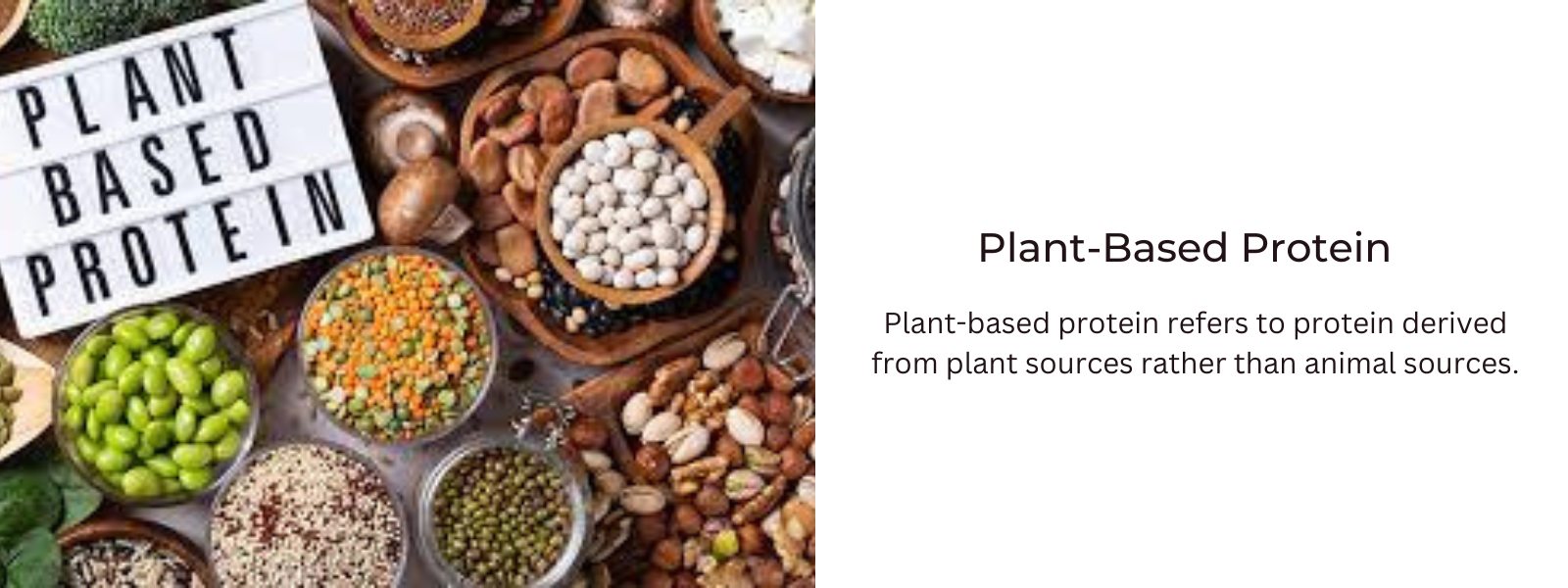Protein plays a vital role in post-workout recovery by supporting muscle repair, growth, and overall physical restoration. Intense exercise induces micro-tears in muscle fibers, and protein provides the essential amino acids necessary for muscle protein synthesis, facilitating the repair and rebuilding of muscle tissues.
Table of Contents
- Importance Of Consuming Protein After Workout:
- Why Is Protein Recommended Over Other Nutrients For Post Workout Recovery?
- Protein For Muscle Repair and Growth:
- Protein For Reducing Muscle Soreness:
- Protein For Replenishing Glycogen Stores:
- Protein For Enhancing Nutrient Delivery:
- Protein For Preventing Muscle Breakdown:
- Protein For Immune System Support:
- Protein For Hydration and Protein Synergy:
- When Should You Consume Protein Post Workout?
- Conclusion:
Importance Of Consuming Protein After Workout:
Consuming protein after a workout helps reduce muscle soreness, thanks to its anti-inflammatory properties, and contributes to the replenishment of glycogen stores, which is crucial for sustained energy levels. Additionally, protein intake within the post-exercise window enhances nutrient delivery to muscles, aiding in recovery and preventing muscle breakdown. The timing of protein consumption is key, with the post-workout period representing a critical window for optimal nutrient uptake. Overall, incorporating protein into post-workout nutrition promotes efficient recovery, immune system support, and long-term performance gains.
Why Is Protein Recommended Over Other Nutrients For Post Workout Recovery?
Protein is often recommended prominently for post-workout recovery due to its essential role in muscle repair and growth. After exercise, especially resistance or strength training, muscles undergo microscopic damage, and protein provides the necessary amino acids for muscle protein synthesis, the process crucial for repairing and rebuilding muscle tissues. Protein consumption supports the recovery process by reducing muscle soreness, preventing muscle breakdown, and facilitating the adaptation of muscles to exercise stress. Unlike carbohydrates and fats, which primarily contribute to energy replenishment, protein plays a more direct and specific role in the repair and regeneration of tissues stressed during workouts. Its ability to enhance muscle protein synthesis and promote positive changes in body composition makes protein a key nutritional component for effective post-exercise recovery, aiding in overall performance gains and long-term fitness objectives.
Protein For Muscle Repair and Growth:
- Process: Intense physical activity, especially resistance training or endurance exercises, can lead to micro-tears in muscle fibers.
- Role of Protein: Protein provides the essential amino acids needed for muscle protein synthesis, the process through which the body repairs and builds new muscle tissues. Consuming protein after a workout supports muscle recovery and contributes to muscle growth.
Protein For Reducing Muscle Soreness:
- Process: Strenuous exercise can lead to muscle soreness and inflammation.
- Role of Protein: Protein's anti-inflammatory properties can help reduce muscle soreness by modulating the body's immune response. Additionally, amino acids from protein support the repair of damaged muscle fibers, alleviating soreness.
Protein For Replenishing Glycogen Stores:
- Process: During exercise, the body uses glycogen (stored carbohydrates) for energy.
- Role of Protein: While carbohydrates are the primary source for replenishing glycogen, including protein in post-workout nutrition can enhance glycogen synthesis. This is particularly relevant for individuals engaged in endurance activities.
Protein For Enhancing Nutrient Delivery:
- Process: Exercise increases blood flow to the muscles, facilitating nutrient and oxygen delivery.
- Role of Protein: Protein consumption post-exercise enhances the nutrient delivery process. Amino acids from protein contribute to the overall nutrient pool, supporting various physiological functions involved in recovery.
Protein For Preventing Muscle Breakdown:
- Process: Intense exercise can lead to a breakdown of muscle protein.
- Role of Protein: Protein intake helps counteract muscle protein breakdown by providing the necessary amino acids. This is particularly important for individuals engaged in prolonged or intense workouts.
Protein For Immune System Support:
- Process: Intense exercise can temporarily suppress the immune system.
- Role of Protein: Protein, along with other nutrients, supports the immune system, helping to prevent illness and promoting overall well-being during the recovery phase.
Protein For Hydration and Protein Synergy:
- Process: Dehydration can impair recovery and performance.
- Role of Protein: Protein-rich foods, especially those with higher water content like Greek yogurt or milk, can contribute to post-exercise hydration, aiding in overall recovery.
When Should You Consume Protein Post Workout?
The post-workout period, often referred to as the "anabolic window," is a critical time for nutrient intake. Consuming protein within this window, typically within 30 minutes to an hour after exercise, maximizes the benefits of muscle protein synthesis and nutrient uptake, promoting efficient recovery.
Conclusion:
In conclusion, incorporating a balanced amount of protein in the post-workout period is essential for optimizing recovery, reducing muscle soreness, and promoting long-term performance gains. The specific protein requirements can vary based on factors such as the type and intensity of exercise, individual goals, and overall dietary considerations.













Leave a comment